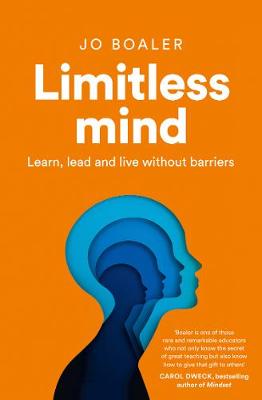Reviewed by Joséphine on
I enjoyed solving proofs for various theorems and formulae in ninth and tenth grades and consistently outdid my classmates but when it came to working out these problems. Yet, when it came to exams, I also was always at the bottom. I didn't do well in timed tests that required us to merely memorise stuff to solve questions. Didn't see much of a point, but also felt pretty stupid compared to the rest.
Going from doing Math Olympiad as a kid to just about scraping by A Level Math made me pretty anxious about statistics in university as well because I nearly thought it was too late for me to catch up. I still figured things out in the end, but that was partly because compared to my course mates then, I was better at math, which gave me a bit of a confidence boost.
At the end of the day though, it doesn't matter where you are right now. What matters is that that you give yourself the time to sit down, figure things out, find methods that work better for you, and then progress from there. It's okay not to know all the answers, to ask questions, and to struggle. That's precisely how new connections in the brain are formed to enable further learning, regardless of age.
Reading updates
- Started reading
- Finished reading
- 19 September, 2019: Reviewed
